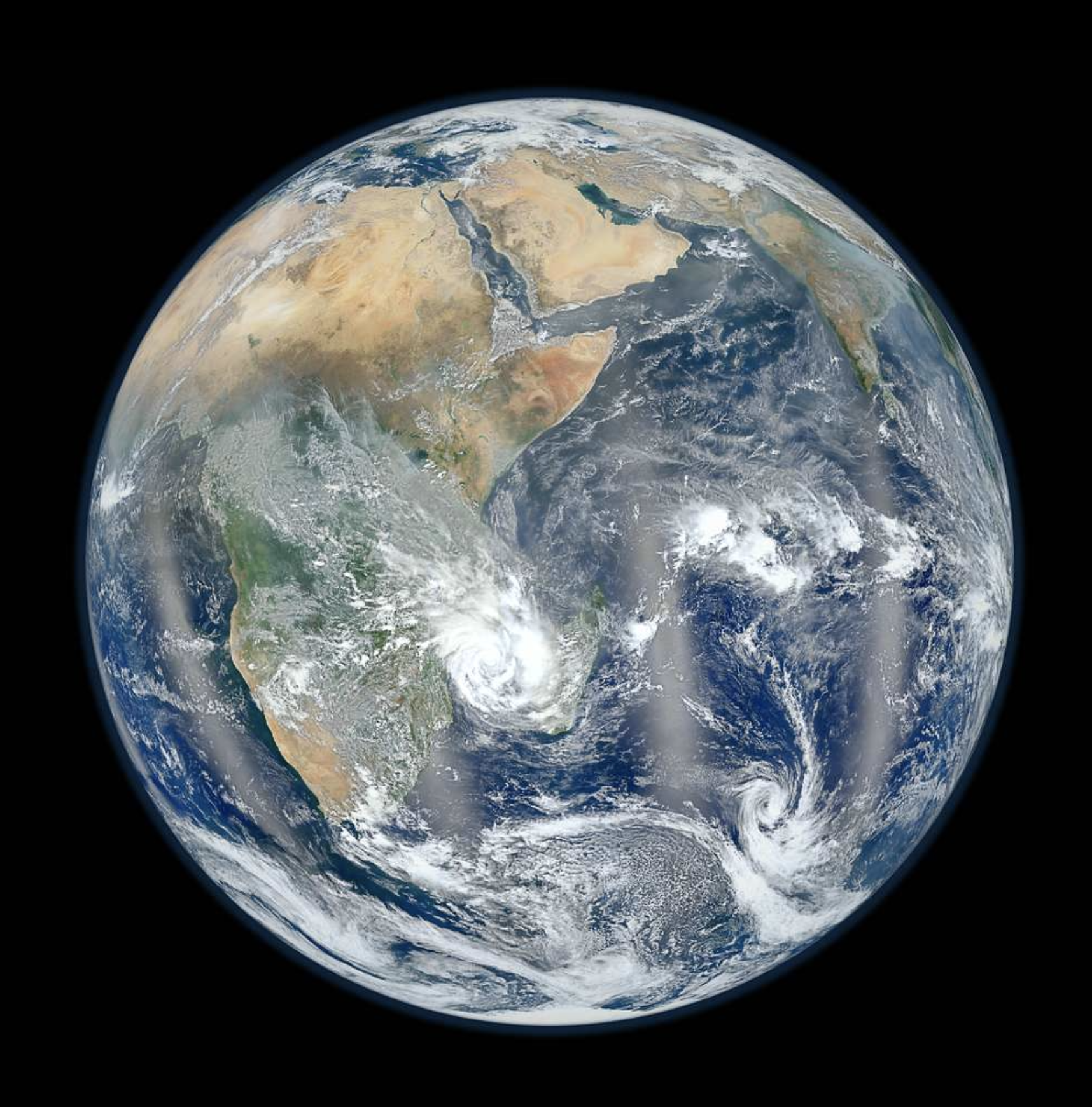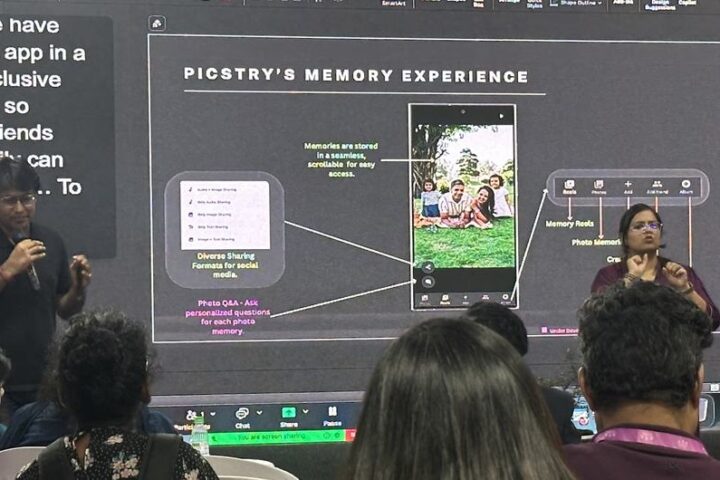To pioneer a transformative initiative revolutionizing extreme weather forecasting and early warning systems in the region, the UN World Food Programme (WFP), Oxford University Physics Department, IGAD Climate Prediction and Application Center (ICPAC), and various national forecasting and meteorology agencies across East Africa are joining forces. Dr. Shruti Nath, a climate scientist at Oxford University, says, “We believe the approach we have pioneered and are using here is a game-changer for parts of the world which have previously suffered from a lack of resource and infrastructure but nonetheless find themselves bearing the brunt of climate change.”
Climate change is accelerating the frequency and severity of extreme weather events in East Africa, where deadly floods have succeeded the worst drought in decades. Therefore, the need for precise and timely forecasts has never been more critical. By harnessing the power of AI (Artificial Intelligence), climate scientists at Oxford University Physics Department have developed a groundbreaking AI-based approach to weather forecasting. The Oxford initiative is building more local and accurate models offering high-resolution predictions of extreme weather such as floods.
Similar Post
A climate scientist at Oxford University Physics Department, Dr. Shruti Nath said, “Through collaboration with ECMWF, the European Centre for Medium-Range Weather Forecasts, on our common understanding of physical atmospheric processes and the latest in AI and machine learning, we can supply state-of-the-art weather models to give more accurate and local predictions enabling particular countries and regions to better anticipate and prepare for extreme weather.” Accurate early warnings are a game-changer in disaster risk management.
WFP is instrumental in ensuring that technological advancements reach and benefit those in need, so they can plan, prepare, and act proactively. Jesse Mason, Global Head of the Anticipatory Action Programme at WFP, said, “I think we have the potential to change the world.” Hannah Wangari, Assistant Director at the Kenyan Meteorological Department, said, “At KMD, we are actively using these machine learning forecasts developed by Oxford University Physics to compare with our current operational methods. The results are promising and demonstrate significant improvements in accuracy.”
A precedent for broader application is set by the success of this initiative. The vision extends beyond this region, aiming to replicate this model in other parts of the world facing similar challenges. The initiative was made possible with the support of Google.org to World Food Program USA, in support of WFP’s efforts to mitigate the impacts of climate change. In short, the climate scientists at Oxford University have initiated a new AI-led science program to help protect communities hit by climate change in East Africa.


















